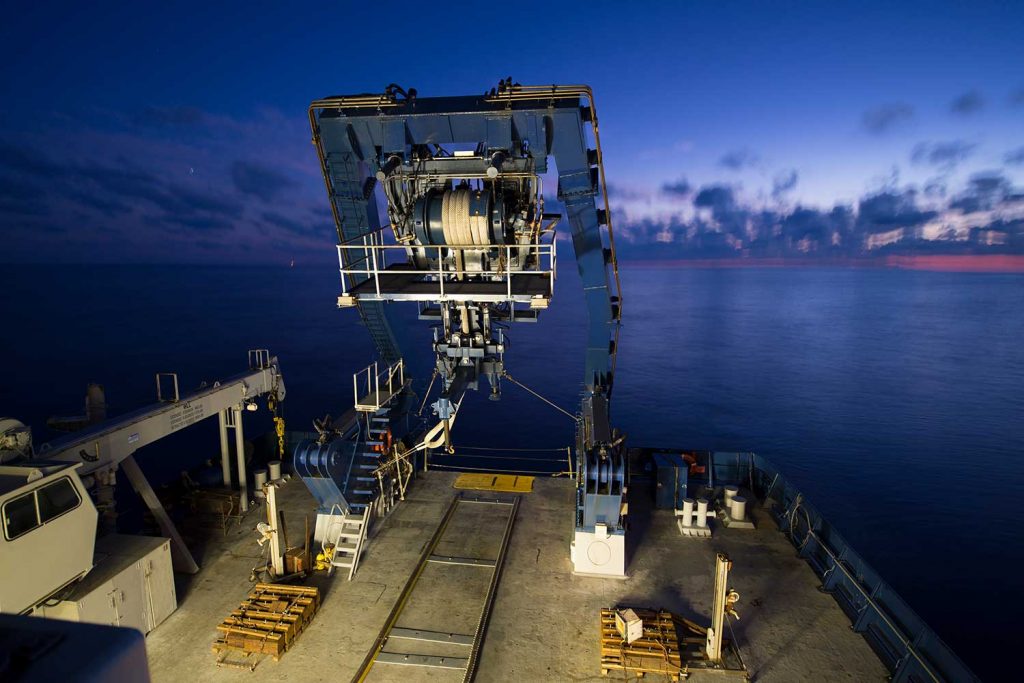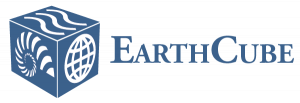Consensus Building Workshop
For many of the biogeochemical and biological parameters that are unique to METS, there is an urgent need to develop consensus on community-adopted data and metadata reporting standards that will make these data FAIR. To make progress, the community needs more opportunities to work together with data scientists and database managers to co-develop and adopt a common set of FAIR-enabled best practices for METS cyberinfrastructure.
At the 2019 EarthCube workshop, participants identified existing vocabularies and data frameworks that could be leveraged in this process (Benway et al., 2020). Any recommended or “endorsed" vocabularies should be accessible through expression in schema.org or extensions thereof into community-vetted ontologies, and compliant with current W3C Semantic Web recommendations. Potential existing candidate vocabularies include NERC, EnvO, or CF. The application of Uniform Resource Identifiers (URIs) to data and metadata would enable consistent description of structured data and improve the efficacy of searching for desired information over the Web. The METS community must agree on a minimum metadata model that defines key identifiers within datasets (parameters, methods, instrumentation, etc.). If based on common syntax and semantics, such a metadata specification can serve to “interoperate” across databases that have distinct underlying data models. Furthermore, smart design of data systems can ensure that different formats are interoperable via tools such as the Environmental Research Division's Data Access Program (ERDDAP), which can translate data from many different types of file formats, databases, and services and provide access via a single standardized interface. The METS community must also build consensus on standardized templates for data submission, QC (quality control) flags, digital representation of date/time, and data citation (e.g., DOI assignment and associated versioning protocols).

The first activity of the METS RCN will be a community workshop focused on consensus building planned by the RCN steering committee that builds on the gaps and resources identified at the September 2019 EarthCube meeting. This workshop will engage members of the METS biogeochemistry, marine ecology, and data science communities, including representatives of well established US-funded coastal and open-ocean METS that intend to contribute to the development and implementation of a common set of FAIR data solutions. We will also engage participation and input from a couple of long-running non-US METS to ensure connectivity to international METS and ongoing global ocean data practices. The format will consist primarily of small group work that maximizes participant interaction and brainstorming. The workshop will be built around key METS issues that align with challenges identified during the September workshop (see above - e.g., adoption of a common vocabulary, development of a minimum metadata model, data citation guidelines, etc.). All participants will rotate through all of these challenges providing input in mixed groups to initiate the consensus building process. After gathering participant input on each challenge, we will form dedicated task teams for each challenge, each with a mix of oceanographic and data science expertise. The task teams will spend the remainder of the workshop identifying the best path forward based on the input gathered (i.e. best practices) and developing prototype solutions to be shared across task teams. Each task team will appoint two leaders, an ocean scientist and a data scientist, to serve on a METS Data Working Group that will be sustained throughout the duration of the RCN to continue interfacing with RCN participants and the broader METS community on FAIR data practices for METS.

